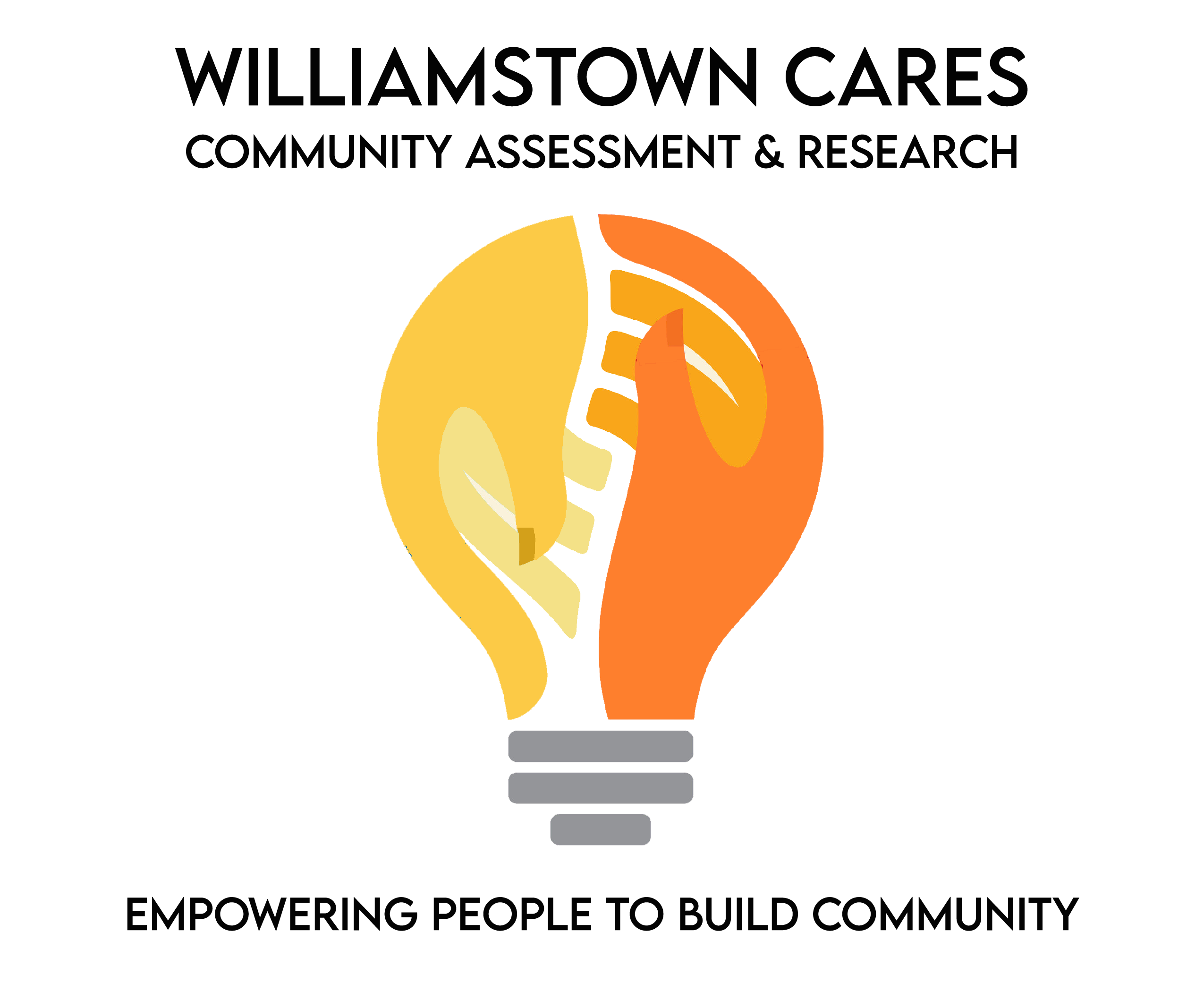Williamstown has embarked on a research project to better understand safety and wellbeing in Williamstown, and we need your help! This research explores how the town addresses public safety needs now, how residents feel about their own safety, and how we can create a greater sense of well-being and belonging.

When will this research occur?
The Community Safety and Wellbeing Assessment arose in response to an increasing groundswell of community concern in relation to the national debate on policing and events that have received a great deal of publicity since July 2020. This study is already underway, and the assessment phase will continue through the summer and fall. The final report will be published sometime next summer barring any further impediments to funding or availability of research support personnel that range beyond the research group’s control. A breakdown of the phases and relevant time frames is provided below.
Phase 1: Assess and Define the Problem. Researchers conducted an initial outreach phase from March-May to inform the research design. They met informally with any community member who expressed interest, appeared at community group meetings, spoke at Select Board meetings, and promoted the project at the Annual Town Meeting.
Phase 2: Research Design. The community-based participatory research approach combines community data with existing bodies of research to develop solutions for specific communities while leveraging existing knowledge on what kinds of programs and policies actually work for other communities. The research design phase occurred in concert with initial outreach.
Jennifer James, the Williamstown CARES research director, conducted an initial literature review of existing research from March-May to start contextualizing and providing an evidence-based framework for the study. She worked closely with co-principal investigator (PI) Dr. Kerri Nicoll to develop the project’s methodology. Dr. Nicoll was instrumental in obtaining a formal approval from the Massachusetts College of Liberal Arts (MCLA) Institutional Review Board (IRB) on June 1, 2021. This means that the study’s methods meet relevant ethical standards for studies involving human participants. During this phase, Jennifer also consulted regularly with the Social Work Advisory Committee and Outreach Specialist Christina Daignault and received valuable input from three Williams College interns.
Given the absence of a research infrastructure to support this study, Jennifer also worked extensively during this time on website development, communications to explain the project and garner community support, and evaluating and selecting the technologies needed to implement the study.
Phase 3: Formal Community Assessment. Researchers will begin interviewing community members in July for a period of 3-4 months. Jennifer James will personally interview members of the Williamstown Police Department to learn more about their experiences and challenges as the scope of policing has expanded in response to numerous social and political shifts nationwide.
Phase 4: Data Analysis. The data analysis phase will begin during the assessment phase and continue after the assessment phase concludes. The timeline will depend on how many community members participate in the study, but this phase will likely conclude sometime this winter.
Phase 5: Design Policy and Program Solutions. Using the results of the community data analysis, Jennifer will refine and extend the initial literature review to contextualize the specific themes and content of the community data. Working collaboratively with co-PI Dr. Nicoll and the Social Work Advisory Committee, she will design policy and program interventions to address gaps or problems affecting safety and wellbeing in Williamstown by drawing upon the types of interventions that have been most successful in other communities and develop solutions for addressing the issues identified by Williamstown community members.
Next, a final report explaining the study’s methodology, results, and recommendations will be composed by Jennifer and edited and evaluated by the Social Work Advisory Committee. This report will be available to the public sometime next summer barring further delays beyond the control of the research group.
Phase 6: Implement Solutions. Once the report has been reviewed and interventions approved by the Social Work Advisory Committee, policies and programs will be implemented. This phase will require additional funding from the town and/or federal grants to help fill gaps in services and ameliorate problems highlighted by the community data.
Employing a formal research approach creates significant opportunities to bring federal funds to Williamstown for new services and programs. The federal government has appropriated billions of dollars to fund programs and services that address gaps and structural inequities that ultimately cost the nation and its communities much more than the cost of funding solutions. The timeline for this phase will be determined in relation to the complexity of the interventions, complexity of the grant proposal requirements, proposal deadlines, and federal timelines for approving proposals and disbursing funds.
Phase 7: Outcome measures. Along with program implementation, additional research will be conducted to evaluate the efficacy of the intervention(s) and help inform ongoing enhancements to ensure that the town is doing the best it can to meet the needs of the community.
Additional studies may develop in coming years to ensure that community needs are proactively examined and fulfilled to the best of the Town’s ability, and that problems are averted or resolved before reaching a crisis point.
How can you get involved?
If you would like to be interviewed as part of this project, please click here to register.


